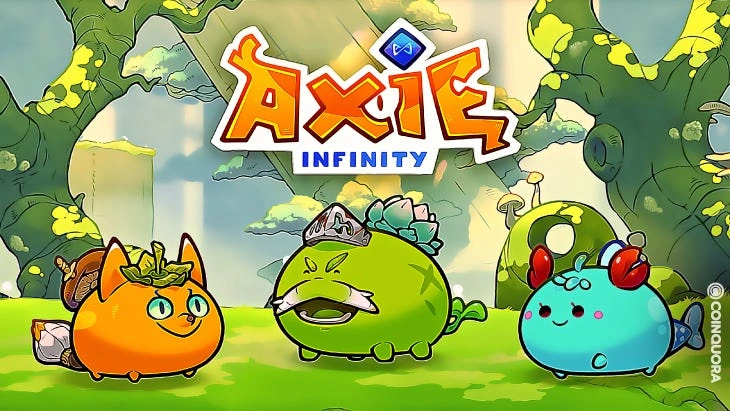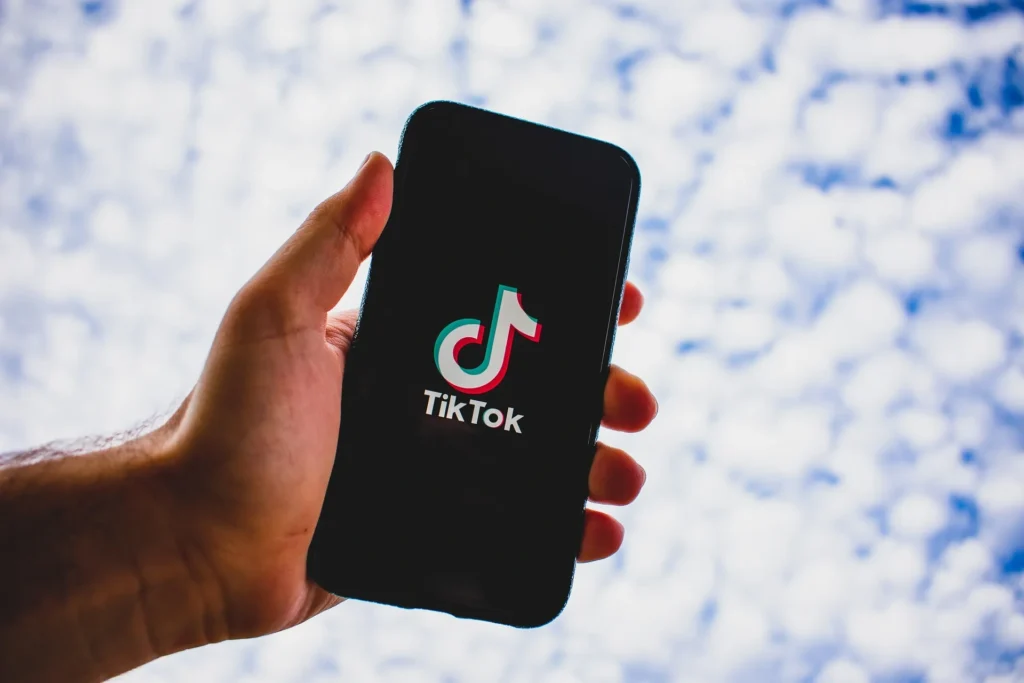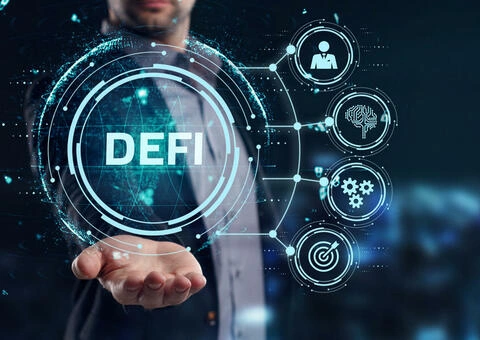Web3 Explained: 7 Key Questions About Vietnam’s Decentralized Web
May 25, 2025

The phrase Web3 explained seems to be everywhere in Vietnam these days — popping up in podcasts, at tech meetups, even in small coffee shop chats. But let’s be honest, it can feel a bit overwhelming. What is the decentralized web really all about? Why are people so hyped about it? And what’s actually changing from Web2?
Let’s walk through seven of the biggest questions — and try to break them down in a way that actually makes sense.

1. What Is Web3, and How’s It Different from Web2?
Here’s the simple version. Web2 is the internet most of us use today — it’s social media, big platforms, and centralized companies owning your data. Facebook, Google, TikTok — you get the picture.
Web3 explained? It’s the next phase where power shifts away from those giants. The decentralized web is supposed to give users more control — over data, assets, and even the platforms themselves. It’s built on blockchain and crypto — and some say it’s the future, though not everyone’s convinced yet.

2. Why Is Vietnam So Interested in Web3?
Honestly, Vietnam is moving fast on this. Some think it’s because the country skipped parts of the old-school banking system, so digital finance feels natural here. Others say young people in Vietnam just love trying out new tech.
Oh, and let’s not forget Axie Infinity — the play-to-earn game made in Vietnam that took the Web3 world by storm (for a while, anyway).
There’s a sense that Vietnam isn’t just watching the decentralized web — it’s helping build it.

3. Is the Decentralized Web Safe?
That’s the tricky part. The decentralized web offers freedom — but freedom can be messy. With no central authority in charge, scams pop up, crypto markets swing wildly, and sometimes it’s just plain confusing to use.
Some Vietnamese users are jumping in, but many still hang back — waiting, watching, and maybe wondering if the risk is really worth it. And honestly, that caution makes sense.
4. What Does Web3 Mean for Everyday Vietnamese Users?
Great question. For most people, life probably won’t change overnight. Maybe you’ll own digital assets that carry across games or apps. Maybe you’ll start using platforms that don’t track your every move. Or maybe — just maybe — you’ll keep scrolling TikTok and won’t notice much difference at all (at least not yet).
Web3 explained? It’s more about potential right now. Some people are diving in. Others? Still waiting on the sidelines.

5. What Kinds of Web3 Projects Are Happening in Vietnam?
Quite a few, actually. Vietnam’s making waves with crypto startups, NFT games, decentralized finance (DeFi), and even blockchain education platforms.
Some say Vietnam could become Southeast Asia’s Web3 hotspot. Others think the space might slow down if stricter regulations hit. Honestly, both could happen — this whole thing’s still in flux.

6. Will Web3 Replace Web2 in Vietnam?
Let’s be real — not anytime soon. Web2 isn’t disappearing. People still love their social media feeds, delivery apps, and streaming platforms.
But the decentralized web is growing, and it’s starting to push into areas where Web2 never really gave users full control. Vietnam’s Web3 scene may still be young, but it’s not a fringe thing anymore.
Web3 explained isn’t about replacing — it’s about rethinking who holds the power online.

7. Where Vietnam’s Digital Future Could Be Headed Next
Good question, and honestly? No one knows for sure. Maybe Vietnam becomes a Web3 leader. Maybe things stall if trust fades or the tech gets too complicated. Maybe something totally unexpected changes the game.
What’s clear is that the Web3 explained conversation isn’t going away. The decentralized web — whether you love it, doubt it, or don’t fully get it yet — is part of Vietnam’s digital story now.
So keep an eye on it. Things are moving fast… and probably won’t slow down anytime soon.

